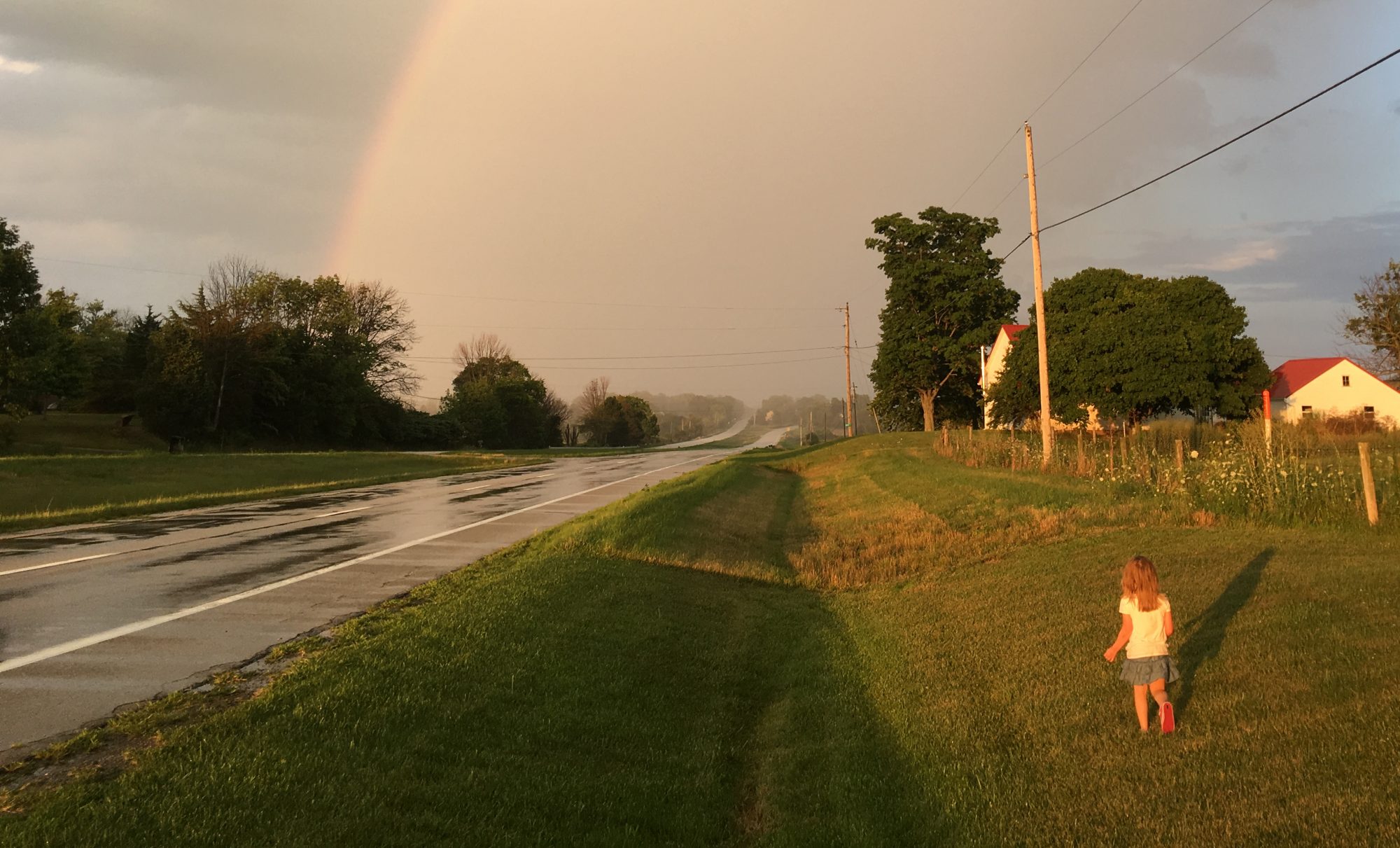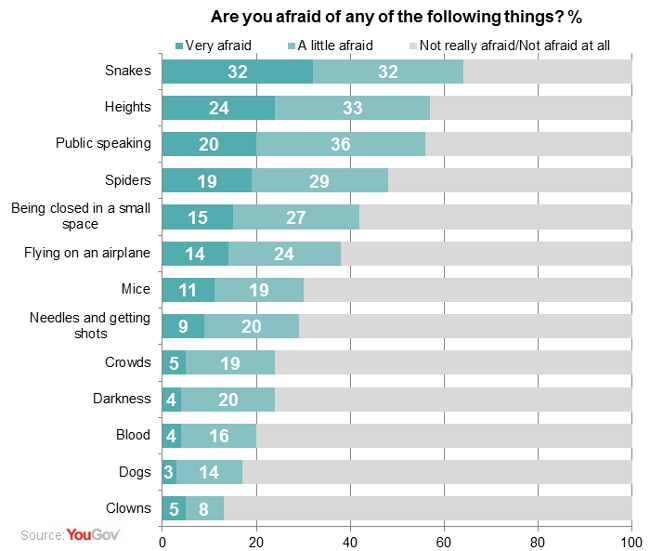As the only one of my family (my childhood family, to be clear) with a humanities degree, and the only one in a business management position, family conversations can be a little stilted. General banal discussion is normal enough, provided everyone agrees on the political/ethical stance of the topic, but informational discussions take a somewhat different direction, however predictable. I’ll explain:
With so many scientists available in a group chat, I would be remiss to not tap that collective knowledge. But as they’re family, it’s a no-holds-barred bargain. Here’s the typical discussion format:
Me: “Hello family, I have a science question about [insert something science-y]. Could one of you provide some information on said topic of interest?”
First Person to Respond: “Of course, the information is simply [page 1 Google search results answer, which I’ve already read].” Condescending inferences to my poor judgment in academic/career choices may follow.
Next Person to Respond: [Directed at First Person to Respond] “I concur. Let us now wax scientific in a mutual ego-stroking session, lauding our superior academic/career choices, yet making sure that Simon stays present in the conversation so he can bask in our greatness.”
Third Person to Respond [only if a Parent]: “Well, you know how bad Simon is at math.” [This comment occurs regardless of mathematical relevance to the initial question]
So why would I subject myself to this? That’s a good question. Here’s the answer:
- I already know the scientific information. I either knew it previously, or looked it up prior to my query submission. I then usually read a sampling of articles to make sure I’m avoiding unqualified internet drivel.
- I then compare this information to the information my family provides. At this point, I either find affirmation, additional information, inconsistencies, or contradiction. It most cases it’s the former two scenarios.
- If my family reveals additional information, inconsistencies, or contradiction; my search for further knowledge continues. This may result in me pressing the dialog, but generally speaking, when I do, the motivation of my interlocutors seems to have run dry (as ego-stroking and condescension have at this point run their course) and I don’t glean anything else. In any case, I know to continue my research.
- Final point: I don’t let on that I probably already know the answer. This is because I have experience in project management. The manager avoids introducing a question with such annotations in order to avoid bias and influencing others’ opinions prior to answering. That way, he gets information which is a direct result of the speaker’s knowledge and feelings on that knowledge, and isn’t altered by prompting.
It is an effective tactic, but comes with a price. It reinforces my family’s belief that I’m an idiot who made bad life choices, as well as reinforcing their own arrogance, all the while giving the false impression that anyone not in the sciences knows nothing of the natural world they inhabit. A bargain with the devil, I suppose.
(Also: why always the math thing? I struggled with Calculus, but I had a 80-something percentile on my GRE math score. I knew math better than the vast majority of graduates taking the test over a 3-year period, regardless of major. Does anyone remember that?)
Information might have been democratized, but that doesn’t stop people from feeling smug about what they know.
–Simon




